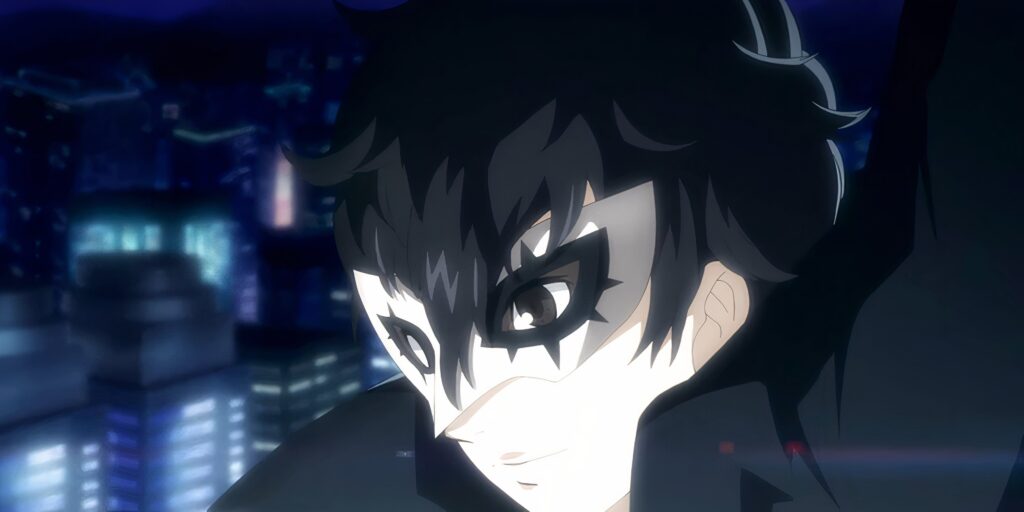This article includes discussion of multiple Persona 5 Royal endings, including details from the Third Semester.
At a glance, Persona 5 Royal gives players the illusion of endless freedom. Every in-game day offers dozens of choices: study for school, hang out with confidants, dive into Mementos, craft infiltration tools, or simply go home. But behind all that flexibility lies a strict calendar, finite time, and major narrative consequences for players who misuse their freedom. Unlike most RPGs, Persona 5 Royal rewards meticulous planning and punishes casual oversight.
The Phantom Thieves’ journey is one of careful balance. Time, social stats, and confidants all feed into progression. Yet players continue to fall into familiar traps, especially in their first playthrough. There are several missteps that, while tempting or seemingly harmless, can sabotage progress, derail the Third Semester, or even cause players to miss out on the game’s best ending entirely.
2:34

Related
Persona 5 Royal: Every Confidant In The Game, Ranked
Persona 5 Royal has 23 confidants to rank up throughout the game; here’s each one ranked based on their overall story throughout each rank.
Never Neglect Party Member Confidants in Persona 5 Royal
The lifeblood of Persona 5 Royal isn’t just dungeon-crawling, it’s relationships. Every confidant offers passive and active benefits, but party member confidants are critical. Raising their ranks unlocks in-combat perks like Baton Pass upgrades, follow-up attacks, and status recoveries. The better the relationship, the better the synergy during fights.
Neglecting confidants like Ryuji (Chariot), Ann (Lovers), and Makoto (Priestess) can turn later Palaces into uphill battles. It also robs players of personal character arcs that define Persona 5 Royal’s emotional core. Notably, the Councillor Confidant (Maruki) must reach Rank 9 by November 17 to access the Third Semester content. Missing this deadline results in the original ending, skipping out on a substantial expansion of the narrative.
Unlike most confidants, Maruki becomes unavailable after a certain point. Players should prioritize his rank early to avoid a major loss.
Another hidden milestone exists with the Justice Confidant (Akechi). While it’s not mandatory for the Third Semester, reaching Rank 8 unlocks a crucial post-credits scene. Missing it doesn’t alter the core outcome, but it does cost a meaningful narrative reward tied to Akechi’s role.
Ignoring Mementos Will Always Backfire Eventually
Mementos may feel like a chore compared to story-driven Palaces, but neglecting it is a cardinal sin. It’s the only place to complete most side requests, grind levels, and farm Personas for fusion. Many players delay exploring it until deadlines force them, but by then, the enemies can overwhelm an under-leveled party, especially if confidant ranks are low.
Mementos Requests like “Who’s Been Assaulting People?” and “Part-Time Job, Full-Time Hell” flesh out the world and give players experience, cash, and new skills. Skipping them means missing content and setting the player up for future difficulty spikes. Worse, the final dungeon is tied directly to Mementos progression.
The deeper layers of Mementos only unlock after certain story beats or requests are completed. It’s better to chip away at them steadily than try to clear everything at once.
Mementos also plays a direct role in several Persona 5 Royal endings, particularly one of the bad endings tied to public perception. If players don’t handle their time and requests wisely, they may not be able to influence public opinion, leading to abrupt or unsatisfying conclusions.
Rushing Persona 5 Royal Only Hurts the Experience
Despite Persona 5 Royal being a long game, easily 100 hours on a first playthrough, it is not meant to be rushed. Doing so undermines its biggest strength: how every system is interwoven. For instance, romancing multiple people may sound fun, but it leads to a humiliating Valentine’s Day scene where the player’s confronted and “beaten up” by the girls they misled. It’s a moment played for laughs, but it serves as a warning about impulsiveness.
Spending time with Sojiro, for example, doesn’t just unlock curry and coffee; he’s also tied to understanding Futaba. Focusing purely on stats or combat and skipping story interactions makes the world feel hollow. Worse, several endings depend on dialogue choices, such as when Sae Nijima asks what the player is willing to do to stop Shido. Turning themselves in is the only correct choice to continue toward the true path. Anything else leads to failure.
Even saving habits reflect patience. Persona 5 Royal encourages multiple save files, especially during critical months like November and December. Dialogue options and confidant rank locks are unforgiving. A single misstep can lock players out of Persona 5 Royal’s Third Semester or push them into one of the game’s multiple bad endings.
In Persona 5 Royal, sin and redemption are central themes, and the same logic applies to gameplay. Breaking these cardinal sins won’t ruin a playthrough, but avoiding them makes for a more rewarding and impactful experience. Every player must choose how to live each day as a Phantom Thief, but keeping these missteps in mind helps ensure the heart of the story shines through.

Persona 5 Royal
Released
October 31, 2019
ESRB
m
Developer(s)
P Studio, Atlus
Publisher(s)
P Studio, Atlus
Engine
Proprietary Engine

![]()
